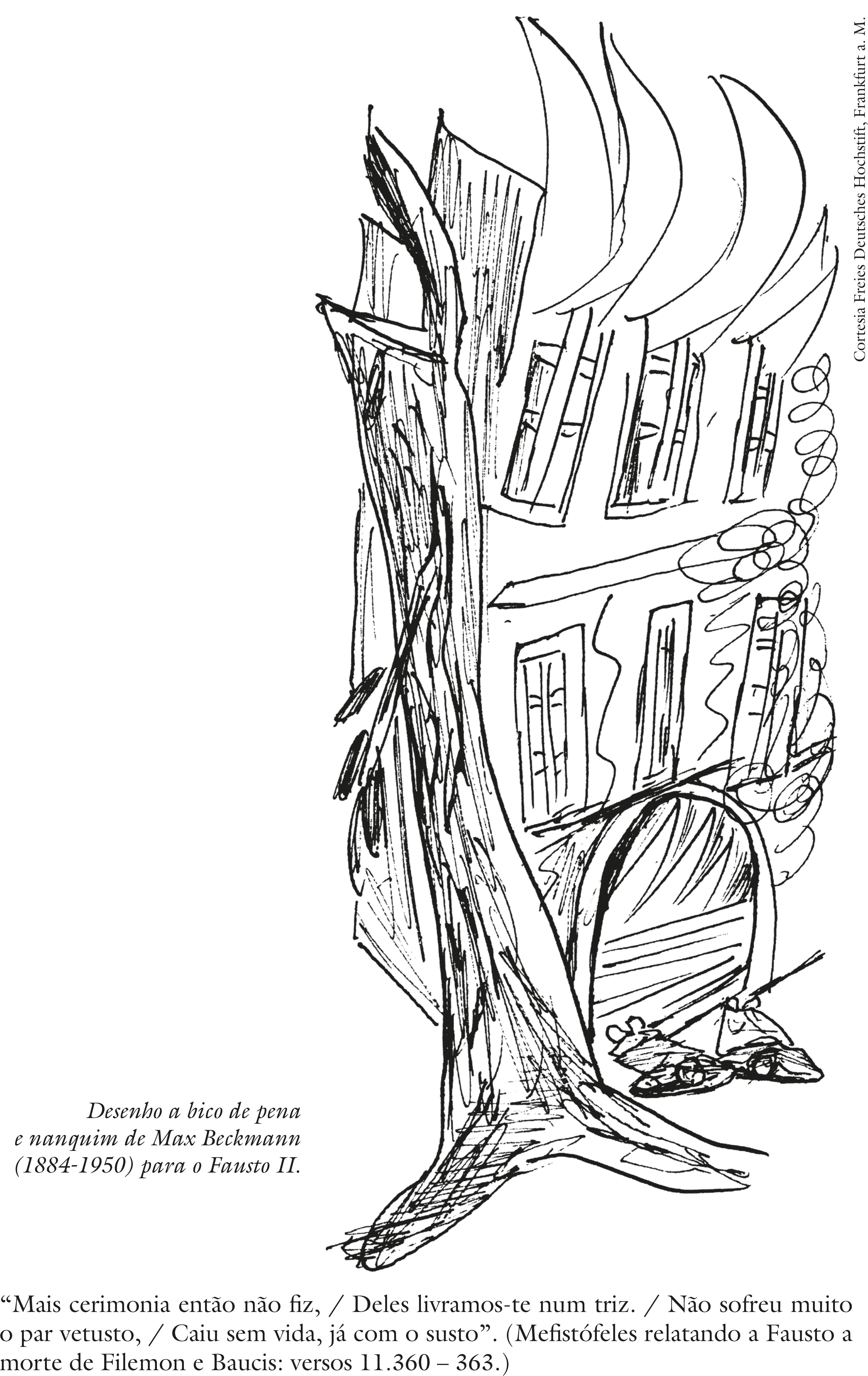This essay focuses on Goethe's Faust, more specifically on Part II, in view of a long tradition of theoretical reflections on allegory and symbol. In this tradition, which dates back at least to Quintilianus (Institutio oratoria, 95 BC), Goethe's classic assertions published in Maxims and reflections are a culminating moment, and will become a parameter for later theories, as varied as they might be (as illustrated by the positions of Walter Benjamin and Georg Lukács). Although Goethe condemned the use of allegory during the Weimar Classicism, Faust II, "the main occupation" (Hauptgeschäft) of his later years, is considered one of the most allegorical works of German literature. This paper seeks to discuss this apparent contradiction by structuring a critical argument in three steps: the context in which Goethe developed his concepts of symbol and allegory; the uncommon responses regarding the reception of Faust II; and the paradigm shift that occurred with Heinz Schlaffer's Marxist interpretation of the Second Part as an "allegory of the nineteenth century". The essay indicates the possibility of overcoming exegeses grounded on an antithetical relation between symbol and allegory by resorting to the idea of an "ethical-aesthetic formula", which Goethe outlined in his old age when he abandoned his own opposition conceived during his period of closeness with Schiller. Among other possibilities, from this new point of view, Faust II can be understood as an expressive "ethical- aesthetic formula" for epiphenomena of the Industrial Revolution, as evinced in the scenes of Faust II written around 1830.
Concept of "classic"; Contemporariness of Faust ; Theory of allegory and symbol; Weimar Classicism; Marxism and allegorical interpretation; Heinz Schlaffer



